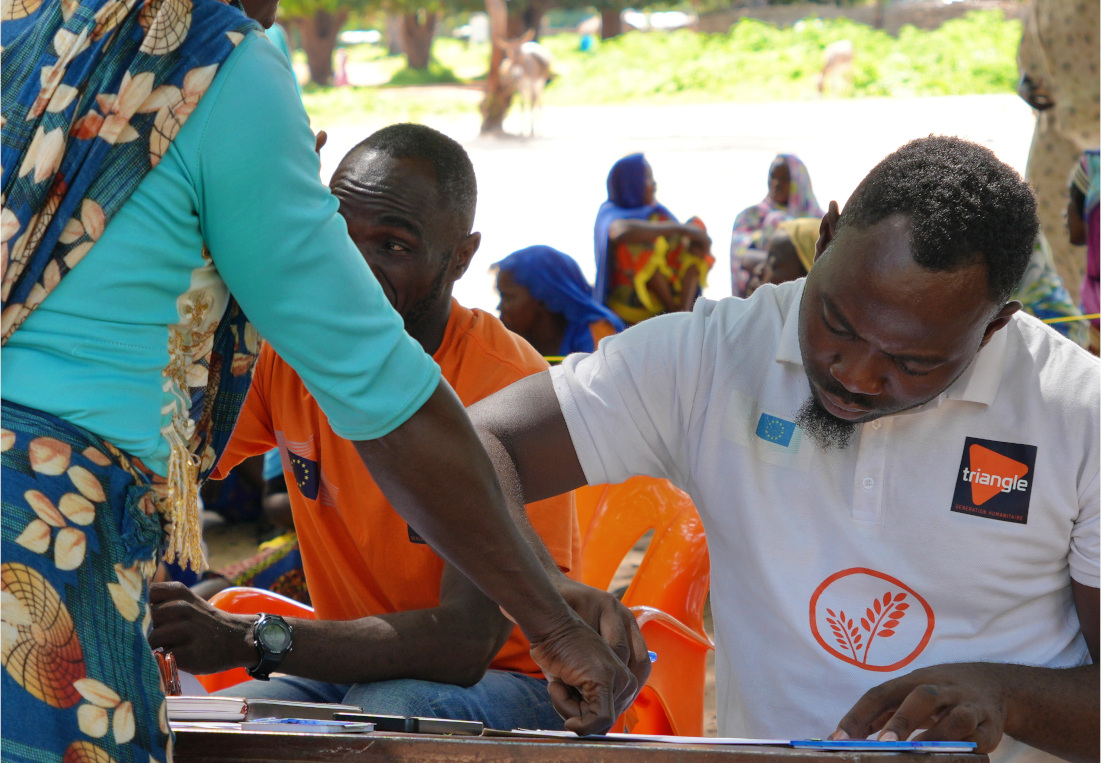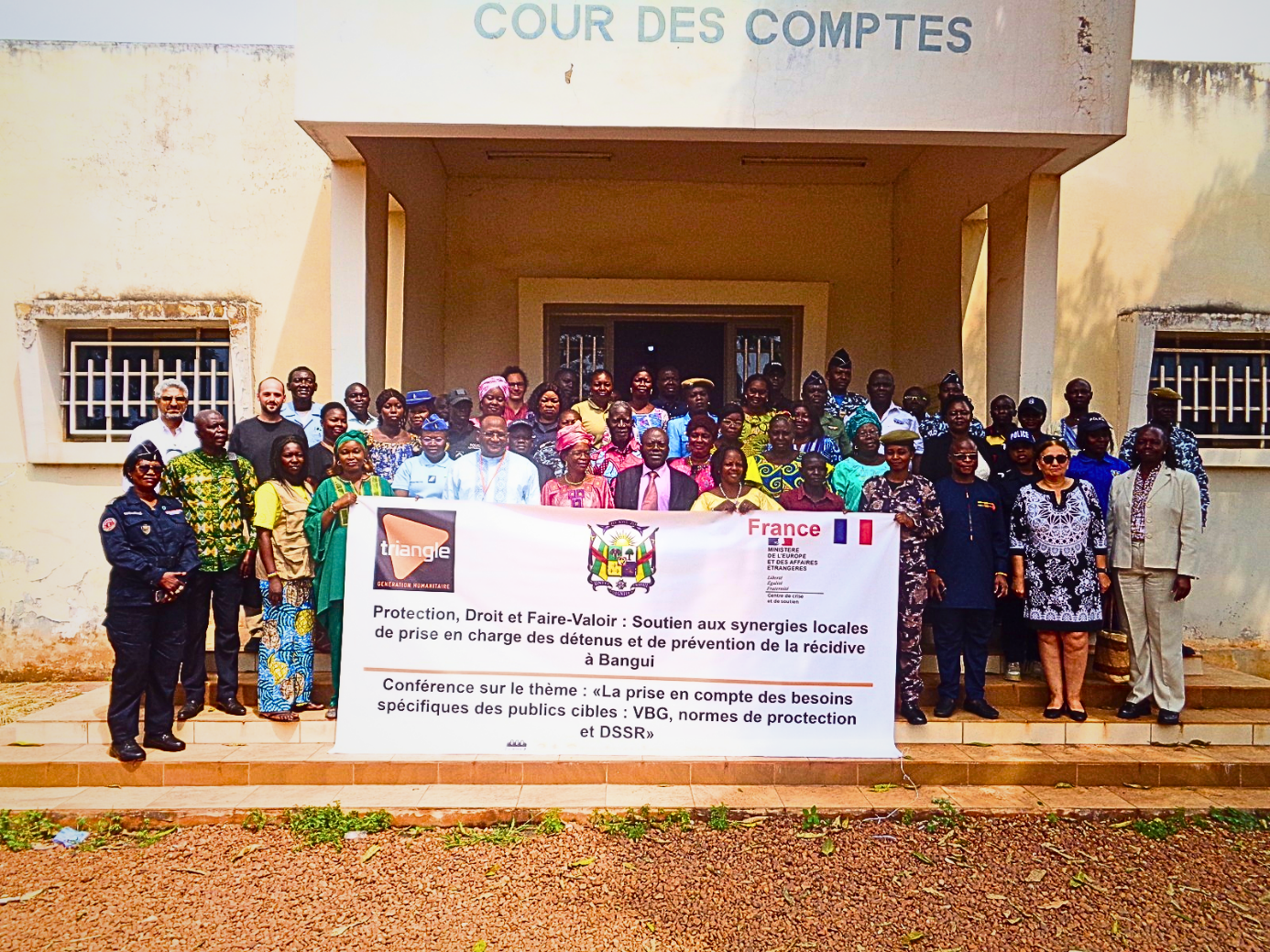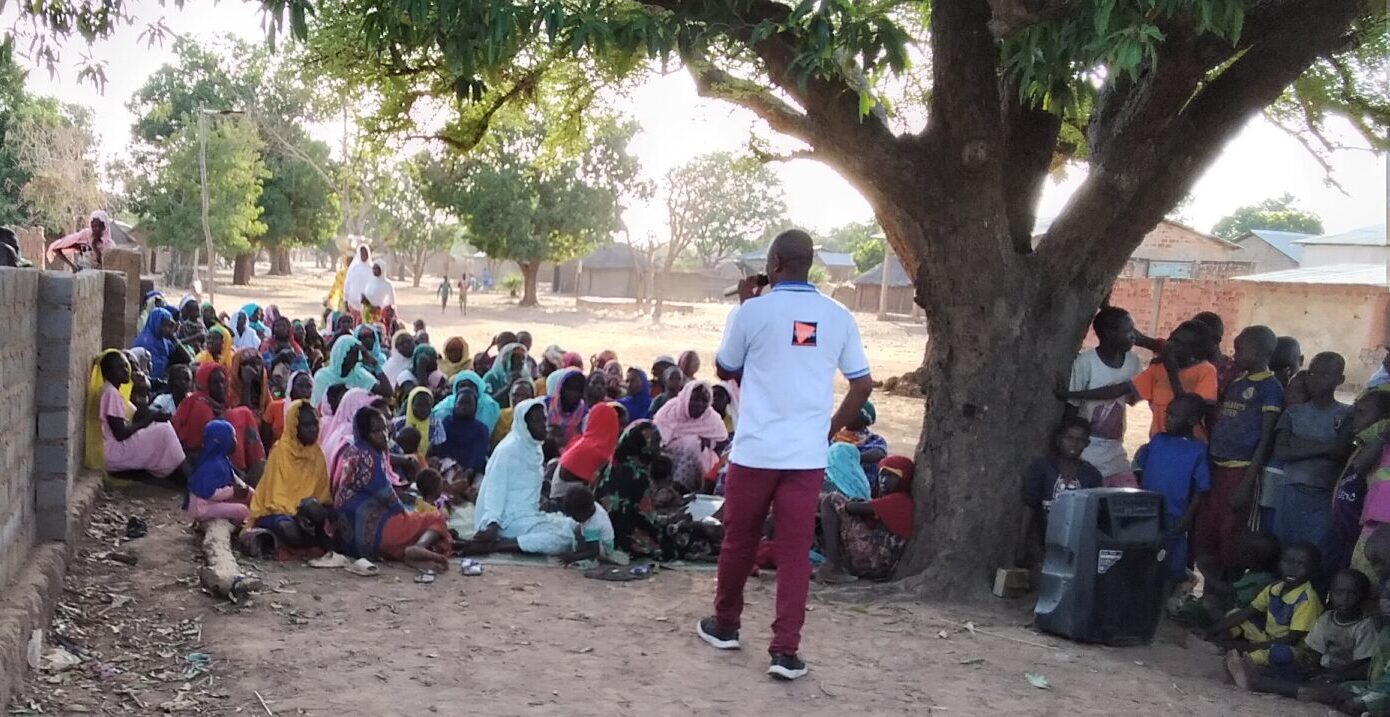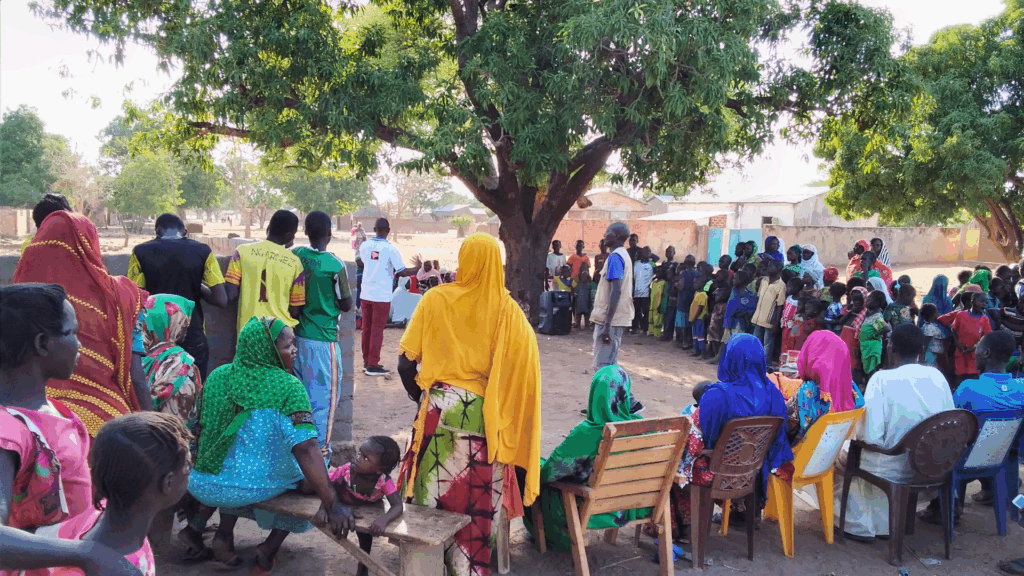Beneficiaries
17,266
Duration
28/04/20 > 30/06/25
Total budget
€ 4,575,355

Éducation & protection
Financements
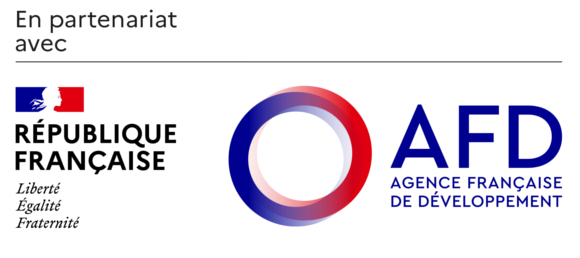
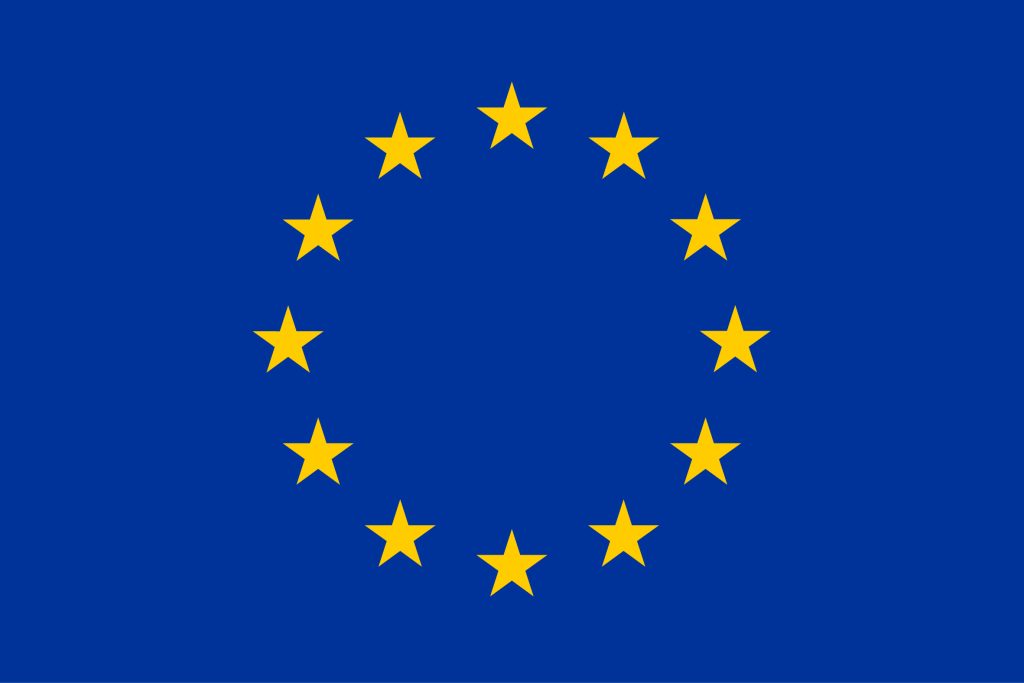
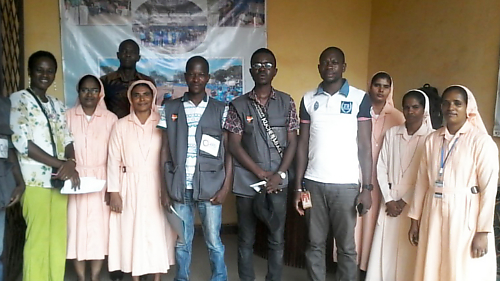
Programme details
A consortium made up of Triangle Génération Humanitaire and Mercy Corps is carrying out this project.
The total budget for the project is €12,200,000. Of this, €4,575,355 is allocated to activities carried out by TGH.
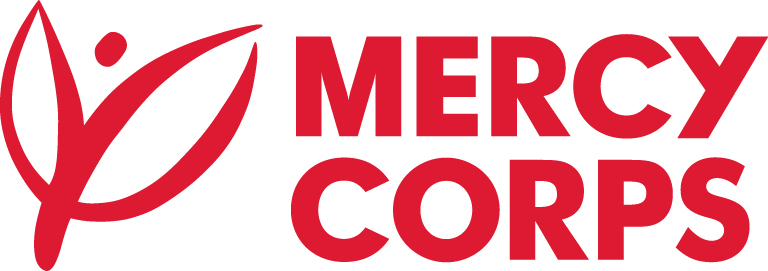
This initiative was launched in April 2020 with the support of the Agence françase de développement (French Development Agency) , for an initial period of 45 months. The total budget was €10 million, of which €3,671,920 was allocated to activities implemented by TGH.
The European Union is joining the project in 2024, which has been extended by 18 months at a cost of €2.2 million (including €903,435 for activities implemented by TGH).
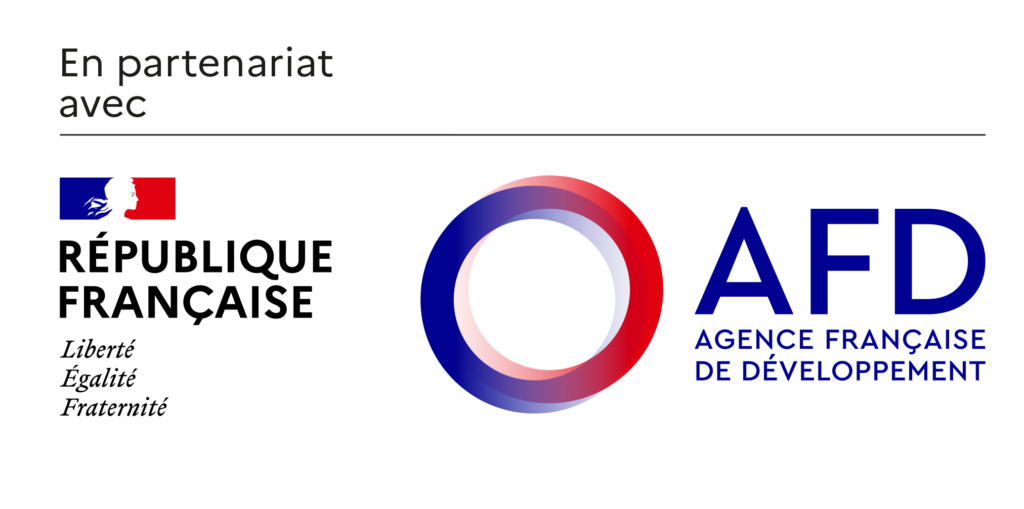

In April 2020, Mercy Corps, in consortium with Triangle Génération Humanitaire (TGH), launched this project with the aim of promoting the integration of young people into the workplace, improving the quality of teaching provided by vocational training centres, and encouraging positive interaction between public players, businesses and these centres. To meet the needs identified, the two NGOs have divided up the areas of intervention. TGH is working in Ombella M’poko (Bangui and surrounding areas), Lobaye (Mbaïki) and Mambéré Kadéï (Berbérati).
Through this project, TGH and Mercy Corps propose to provide the apprenticeship centres and workshops that provide training for young people with equipment and teaching materials so that they can deliver quality training. In addition, where necessary, the rehabilitation of these training facilities is also proposed.
Young people who have difficulty accessing vocational training are offered financial support via a grant. These young people also benefit from life skills training, which will enhance their integration into society and the productive sector.
To give young people access to the job market, the enterprise spaces are being strengthened to provide young people with better information about the dynamics of the job market and to ensure that they are better coordinated and connected in order to integrate into it. They receive non-financial support (work placements, entrepreneurship training, etc.) and financial support (partnerships with microfinance institutions, bank guarantees, start-up kits, etc.) to help them enter the labour market.
To ensure that young people are effectively integrated into the labour market, the project is involving civil society organisations in training and integration activities. To improve the training and professional integration of young people, activities are being set up to strengthen coordination between the State, businesses and training centres.
